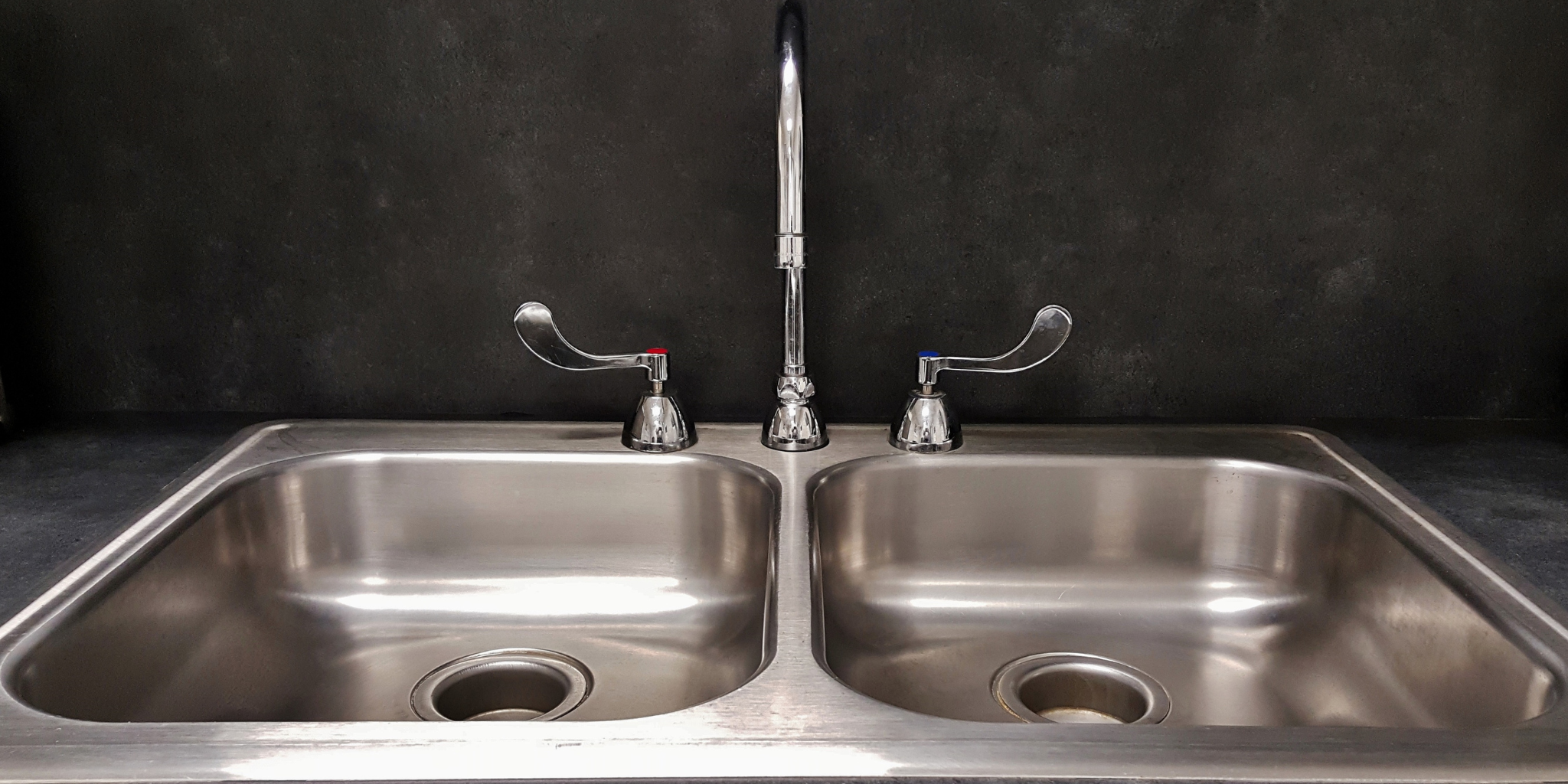If you’re wondering, you should clean your stainless steel sink with bleach, you’re not alone. While bleach is a powerful disinfectant, it’s not always safe for every material—especially when it comes to stainless steel sinks and custom stainless steel fabrication products.
In this guide, we’ll uncover the facts, dangers, and smart alternatives for maintaining a clean, polished, and hygienic stainless steel sink—all without damaging your investment.
Is Bleach Safe for Stainless Steel Sinks?
Bleach contains sodium hypochlorite, which can react negatively with the chromium content in stainless steel. Over time, bleach can:
- Corrode the protective oxide layer on your sink
- Leave discolouration and surface pitting
- Diminish the shine and structural integrity of the sink
- Shorten the lifespan of your custom stainless steel fabrication items
So, no, you should not clean your stainless steel sink with bleach—especially not regularly.
What Happens If You Use Bleach on Stainless Steel?
Even diluted bleach solutions can lead to:
- Rust spots
- Pitting corrosion
- Permanent damage to brushed finishes
This risk increases when bleach comes into contact with heat, standing water, or other chemicals. This makes it unsuitable for both home sinks and commercial stainless steel benches.
Best Alternatives to Bleach for Cleaning Stainless Steel
To preserve the appearance and performance of your stainless steel sink, use these safer options:
Mild Dish Soap + Warm Water
Use a soft cloth or sponge with dish soap to clean your sink daily.
Baking Soda Paste
Removes stains and odours without scratching the surface.
White Vinegar Spray
Neutralises hard water spots and kills germs naturally.
Stainless Steel Cleaner
Commercial cleaners, such as Bar Keepers Friend or Weiman, are designed to protect the sink’s surface.
Tip: For sinks created using custom stainless steel fabrication, always follow the manufacturer’s cleaning instructions to avoid voiding warranties.
How to Maintain Stainless Steel Sinks and Benches
Proper care ensures your stainless steel sink Melbourne and stainless steel benches Melbourne stay hygienic and visually appealing.
Weekly Maintenance Checklist:
- Wipe dry after each use
- Avoid steel wool or abrasive scrubbers
- Rinse off acidic food residues immediately
- Polish with a microfibre cloth for a streak-free finish
- Never let bleach sit in the sink—even in diluted form
Frequently Asked Questions (FAQ)
Can I use bleach to disinfect my stainless steel sink?
No. Bleach can cause corrosion, pitting, and long-term damage. Stick to mild dish soap, vinegar, or stainless steel cleaners.
What can I use as an alternative to bleach for my stainless steel sink?
Use warm water with mild soap, baking soda, or white vinegar. For deep cleaning, opt for stainless steel-safe commercial cleaners.
Will one-time use of bleach ruin my sink?
A single, diluted application may not immediately reveal damage, but repeated use will gradually degrade the finish over time, especially on custom stainless steel fabrication products.
Explore Safe and Durable Stainless Steel Options
Whether you’re designing a sleek home kitchen or outfitting a commercial space, our custom stainless steel fabrication services offer long-lasting, bleach-free solutions for your space.
At CGC Stainless Steel, we specialise in designing, fabricating, and installing high-performance commercial range hood Melbourne, commercial range hood Brisbane, commercial exhaust canopies, and commercial kitchen exhaust canopy systems tailored to meet the strict demands of commercial kitchens. Our durable and hygienic commercial exhaust hoods are built with precision engineering to ensure optimal ventilation, compliance, and long-lasting performance.
Contact us today to discover more about our safe-to-clean stainless steel sinks, benches, and splashbacks, suitable for every kitchen style.







